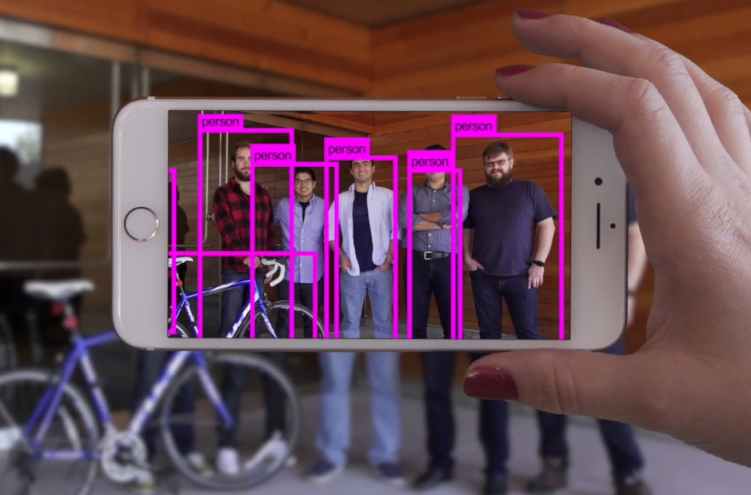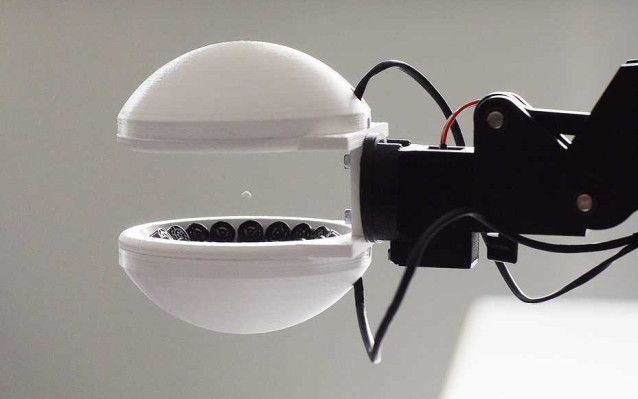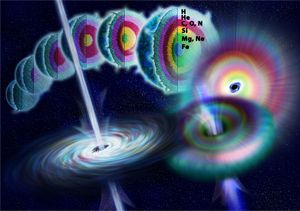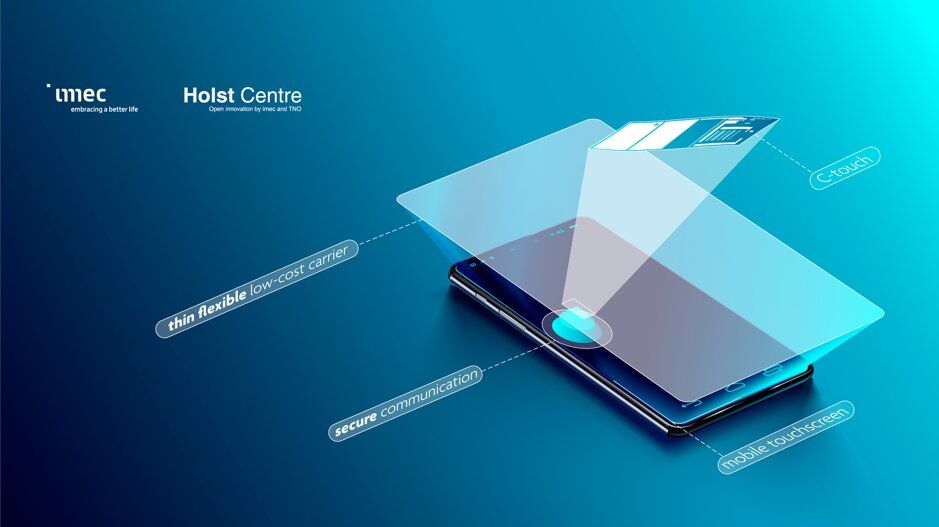Amid today’s technological wizardry, it’s easy to forget that several decades have passed since a single innovation has dramatically raised the quality of life for millions of people. Summoning a car with one’s phone is nifty, but it pales in comparison with discovering penicillin or electrifying cities. Artificial intelligence is being heralded as the next big thing, but a cluster of scientists, technologists and investors are aiming higher. In the vernacular of Silicon Valley, where many of them are based, their goal is nothing less than disrupting death, and their story is at the center of “Immortality, Inc.” by science journalist Chip Walter.
The efforts of scientists and investors to defy the aging process—and extend the human life span—are still in their infancy.








